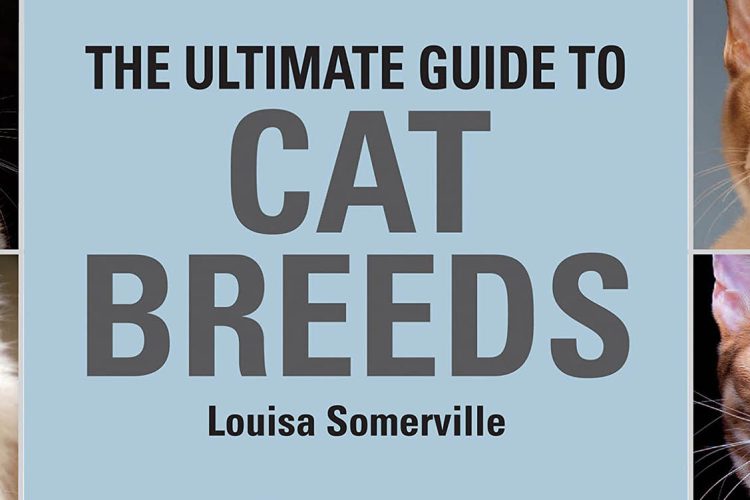Cats have been cherished companions for thousands of years, and today they are one of the most popular pets worldwide. With over 70 recognized breeds, each with its unique characteristics, finding the right cat breed for your lifestyle and preferences can be a delightful yet daunting task.
This comprehensive guide will explore the most popular cat breeds, their traits, care requirements, and how to choose the perfect feline companion for you.
Understanding Cat Breeds
Cat breeds are generally categorized based on their physical characteristics, personality traits, and origins. While mixed-breed cats can be wonderful pets, purebred cats offer predictability in terms of size, coat type, and temperament. Here’s a look at some of the key factors to consider when selecting a cat breed:
- Temperament: Some breeds are known for their affectionate nature, while others are more independent. Consider whether you want a lap cat or a more aloof companion.
- Activity Level: Cats can range from highly energetic and playful to calm and laid-back. Your home environment and lifestyle should align with the cat’s activity needs.
- Coat Type: Cats can have long, short, or even hairless coats. Long-haired breeds often require more grooming, while short-haired breeds are generally lower maintenance.
- Health Considerations: Certain breeds are prone to specific health issues. Understanding these can help you make an informed decision and prepare for potential veterinary care.
Popular Cat Breeds
1. Persian
Origin: Persia (modern-day Iran)
Appearance: Long, luxurious coat, flat face, and large, round eyes.
Temperament: Calm, affectionate, and gentle.
Care Requirements: Persians require daily grooming to prevent mats and tangles. They are also prone to respiratory issues due to their flat faces.
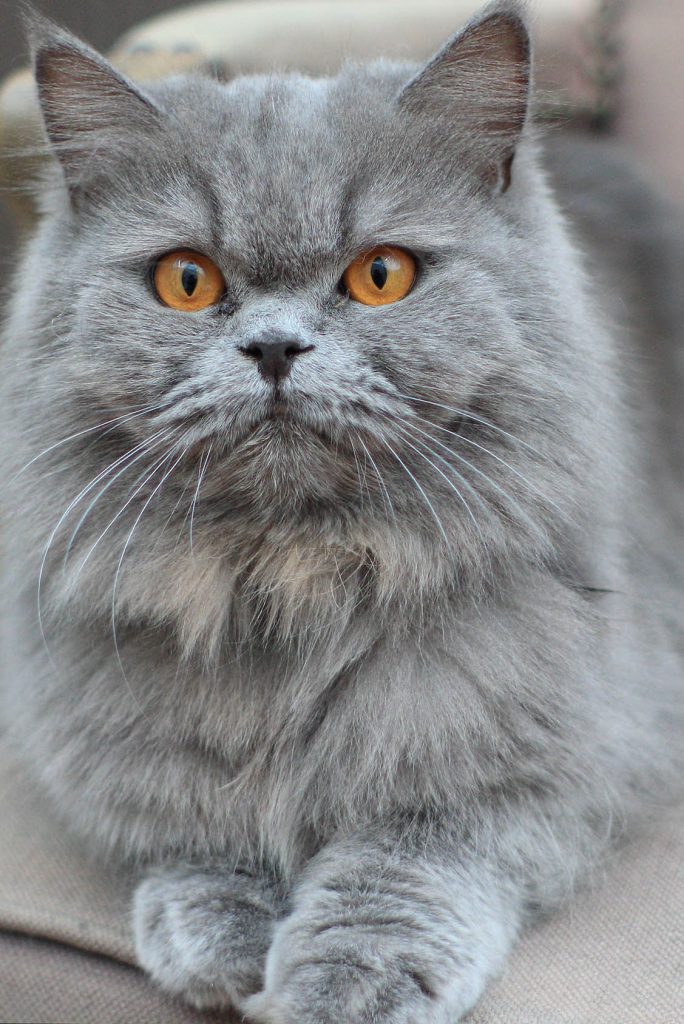
Persians are known for their serene and loving nature. They enjoy a quiet environment and are perfect for families who can provide regular grooming and a calm household.
2. Maine Coon
Origin: United States (Maine)
Appearance: Large size, tufted ears, bushy tail, and a thick, water-resistant coat.
Temperament: Friendly, intelligent, and playful.
Care Requirements: Regular grooming is needed to manage their thick coat. They are generally healthy but can be prone to hip dysplasia.
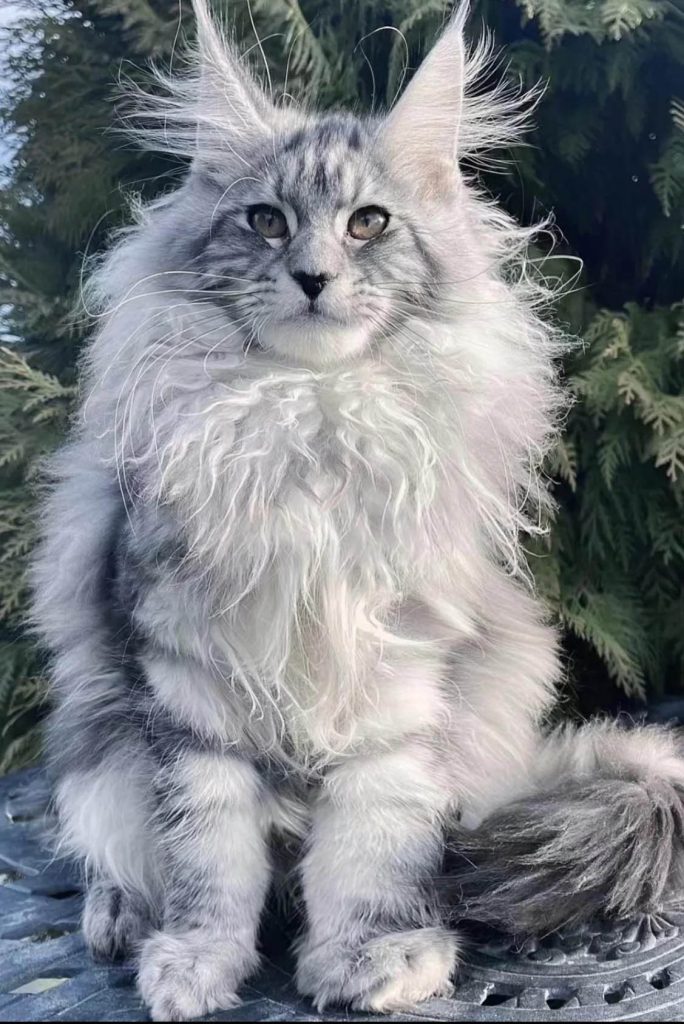
Maine Coons are sociable and get along well with children and other pets. Their playful and intelligent nature makes them excellent companions for active households.
3. Siamese
Origin: Thailand (formerly Siam)
Appearance: Sleek, slender body, short coat, and striking blue almond-shaped eyes.
Temperament: Vocal, affectionate, and social.
Care Requirements: Minimal grooming due to their short coat. They are generally healthy but can have dental issues.
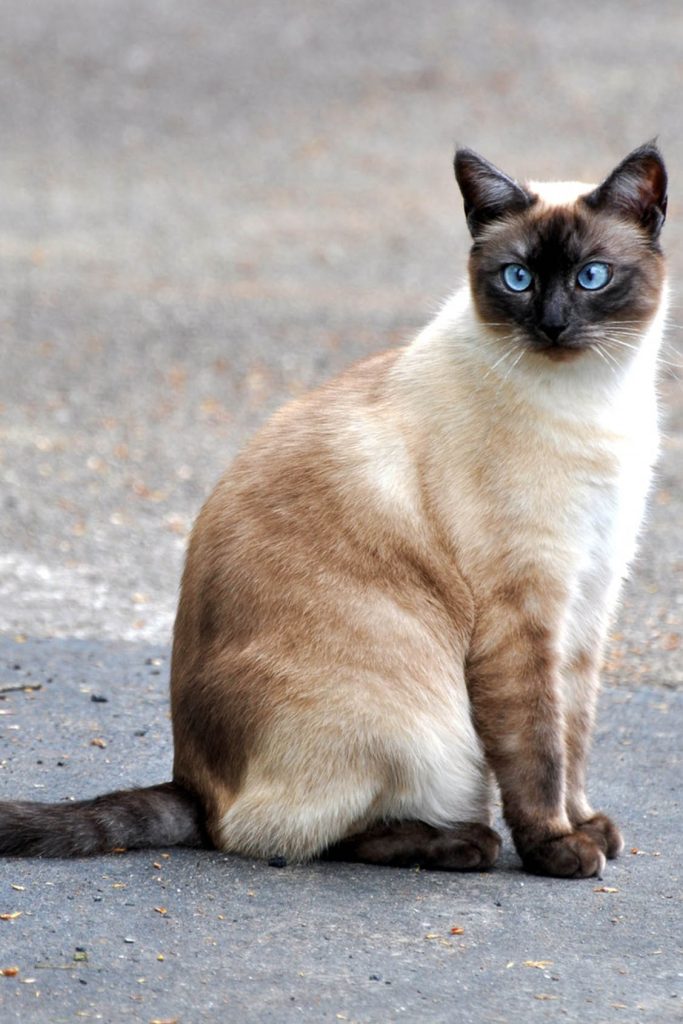
Siamese cats are highly social and thrive on interaction. They are ideal for families who can provide ample attention and enjoy a talkative pet.
4. Ragdoll
Origin: United States
Appearance: Large size, semi-longhair, blue eyes, and colorpoint pattern.
Temperament: Docile, affectionate, and laid-back.
Care Requirements: Regular grooming is necessary to prevent mats. They are generally healthy but can be prone to heart disease.
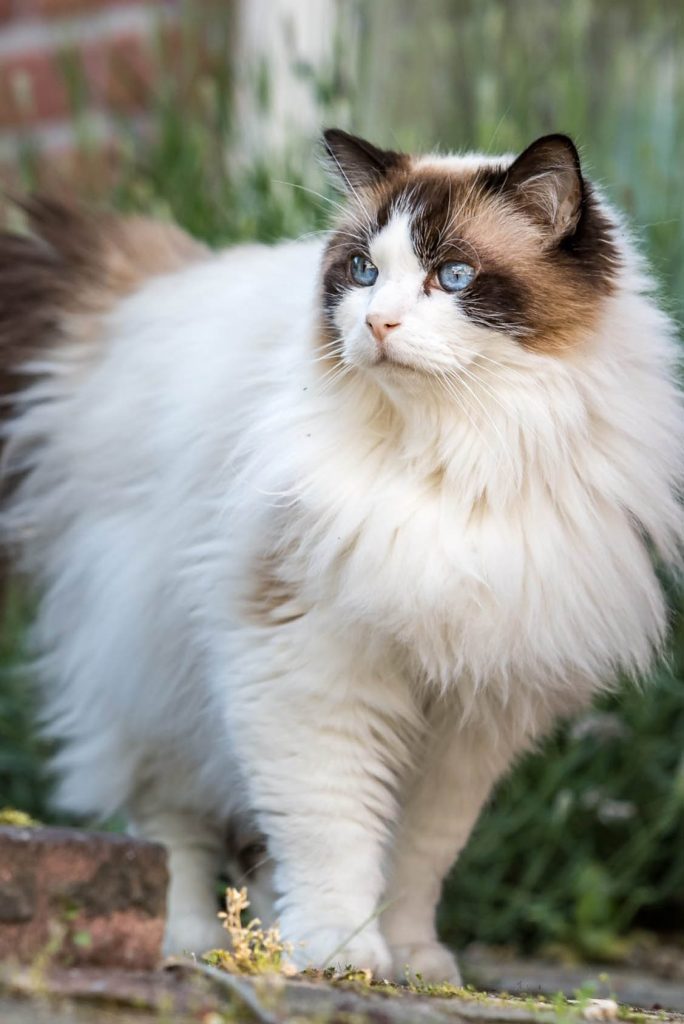
Ragdolls are known for their gentle and relaxed nature. They are great for families looking for a calm, affectionate cat that enjoys being held and cuddled.
5. Bengal
Origin: United States
Appearance: Wild, leopard-like spots or marbled coat, and muscular build.
Temperament: Energetic, playful, and intelligent.
Care Requirements: Minimal grooming, but they need a lot of mental and physical stimulation. They can be prone to certain genetic conditions.
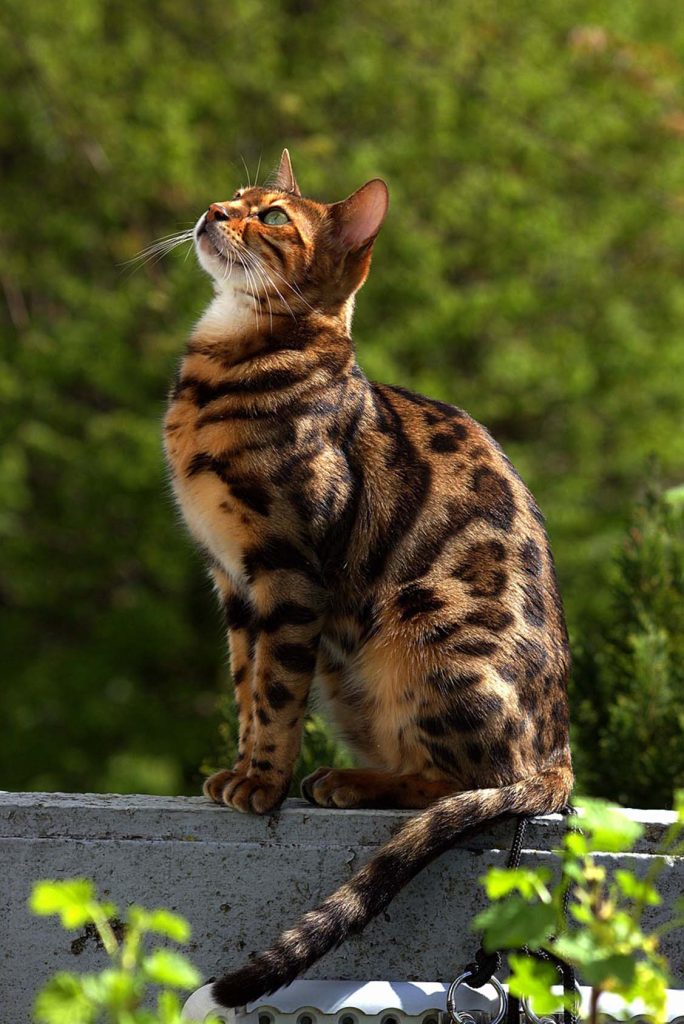
Bengals are active and require a stimulating environment. They are best suited for owners who can provide plenty of playtime and enrichment activities.
6. British Shorthair
Origin: United Kingdom
Appearance: Round face, dense coat, and robust body.
Temperament: Calm, easygoing, and affectionate.
Care Requirements: Minimal grooming. They are generally healthy but can be prone to obesity.
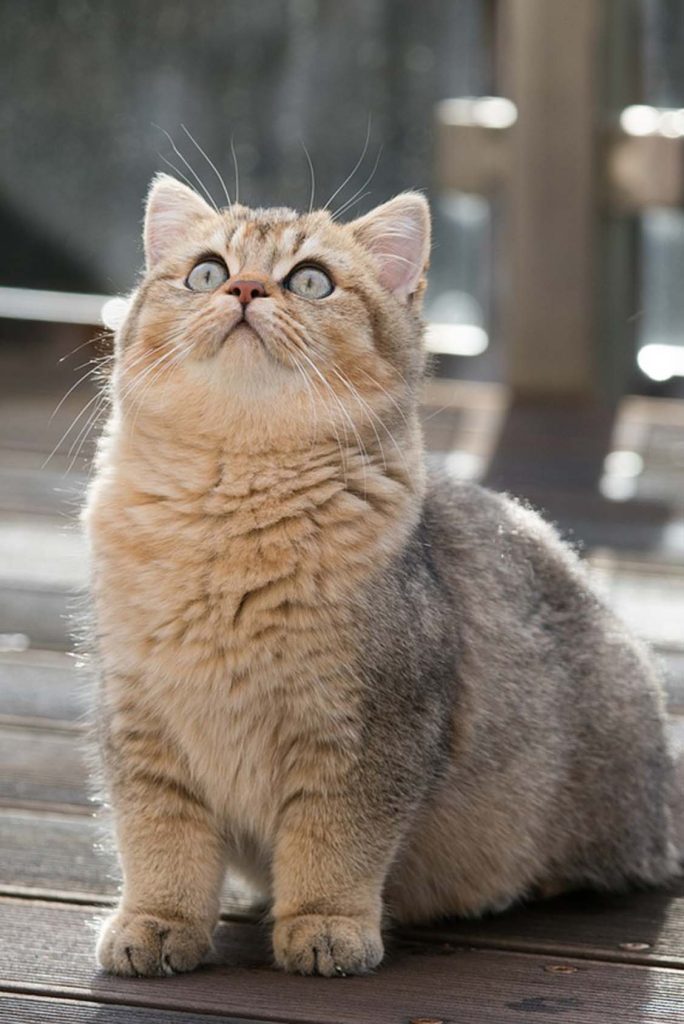
British Shorthairs are laid-back and adaptable, making them suitable for various living situations, including apartments. They are independent but enjoy companionship.
7. Sphynx
Origin: Canada
Appearance: Hairless, wrinkled skin, and large ears.
Temperament: Affectionate, energetic, and social.
Care Requirements: Regular skin care to prevent oil buildup and sunburn. They need baths and ear cleaning.
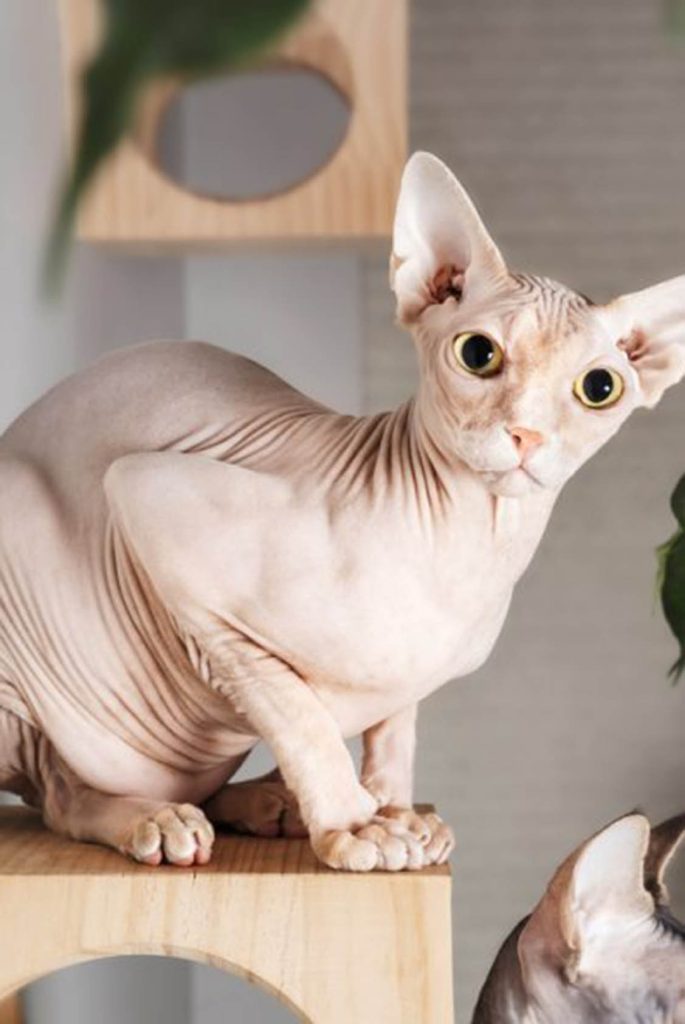
Sphynx cats are friendly and love human interaction. Their unique appearance and lively personality make them a captivating choice for cat enthusiasts.
8. Scottish Fold
Origin: Scotland
Appearance: Folded ears, round face, and short to long coat.
Temperament: Sweet, calm, and affectionate.
Care Requirements: Regular grooming, especially for long-haired varieties. They can have joint issues due to their ear fold.
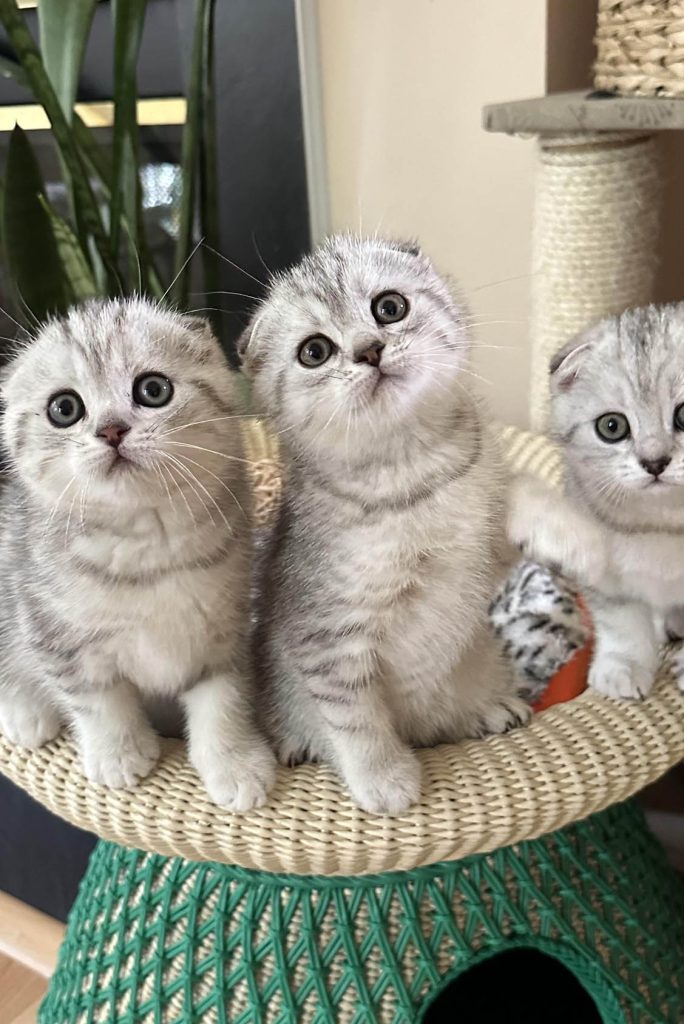
Scottish Folds are gentle and loving, suitable for families looking for a calm and endearing companion.
Choosing the Right Cat Breed for You
Selecting the right cat breed involves evaluating your lifestyle, home environment, and personal preferences. Here are some steps to help you make the best choice:
1. Assess Your Living Situation
- Space: Consider the size of your home. Active breeds like Bengals may need more space to explore, while breeds like Persians are content in smaller spaces.
- Allergies: If you or a family member has allergies, hypoallergenic breeds like the Sphynx or Siberian may be better options.
2. Determine Your Activity Level
- Active Households: If you enjoy an active lifestyle and have time for play, breeds like the Bengal or Siamese are great choices.
- Calm Households: For a more relaxed environment, breeds like the Ragdoll or British Shorthair are ideal.
3. Consider Grooming Needs
- Low Maintenance: Short-haired breeds like the Siamese or Burmese require minimal grooming.
- High Maintenance: Long-haired breeds like the Persian or Maine Coon need regular grooming to keep their coats in good condition.
4. Evaluate Health Considerations
Research the common health issues associated with each breed and consider the potential veterinary care required. Some breeds have genetic predispositions to certain conditions, so it’s essential to be prepared.
Cat Care Essentials
Regardless of the breed, all cats require certain basic care to thrive:
1. Nutrition
2. Veterinary Care
Regular vet check-ups are essential to monitor your cat’s health, administer vaccinations, and prevent illnesses. Spaying or neutering your cat can also prevent health issues and contribute to a longer, healthier life.
3. Grooming
4. Enrichment
5. Litter Box Maintenance
Keep the litter box clean to encourage good hygiene and prevent behavioral issues. Choose a litter that your cat prefers and place the box in a quiet, accessible location.
Choosing the right cat breed is a rewarding process that involves careful consideration of your lifestyle, preferences, and the specific needs of the breed. By understanding the characteristics and care requirements of different breeds, you can find the perfect feline companion to join your family.
Whether you prefer the playful Bengal, the affectionate Ragdoll, or the regal Persian, there’s a cat breed out there that will enrich your life with joy and companionship.
